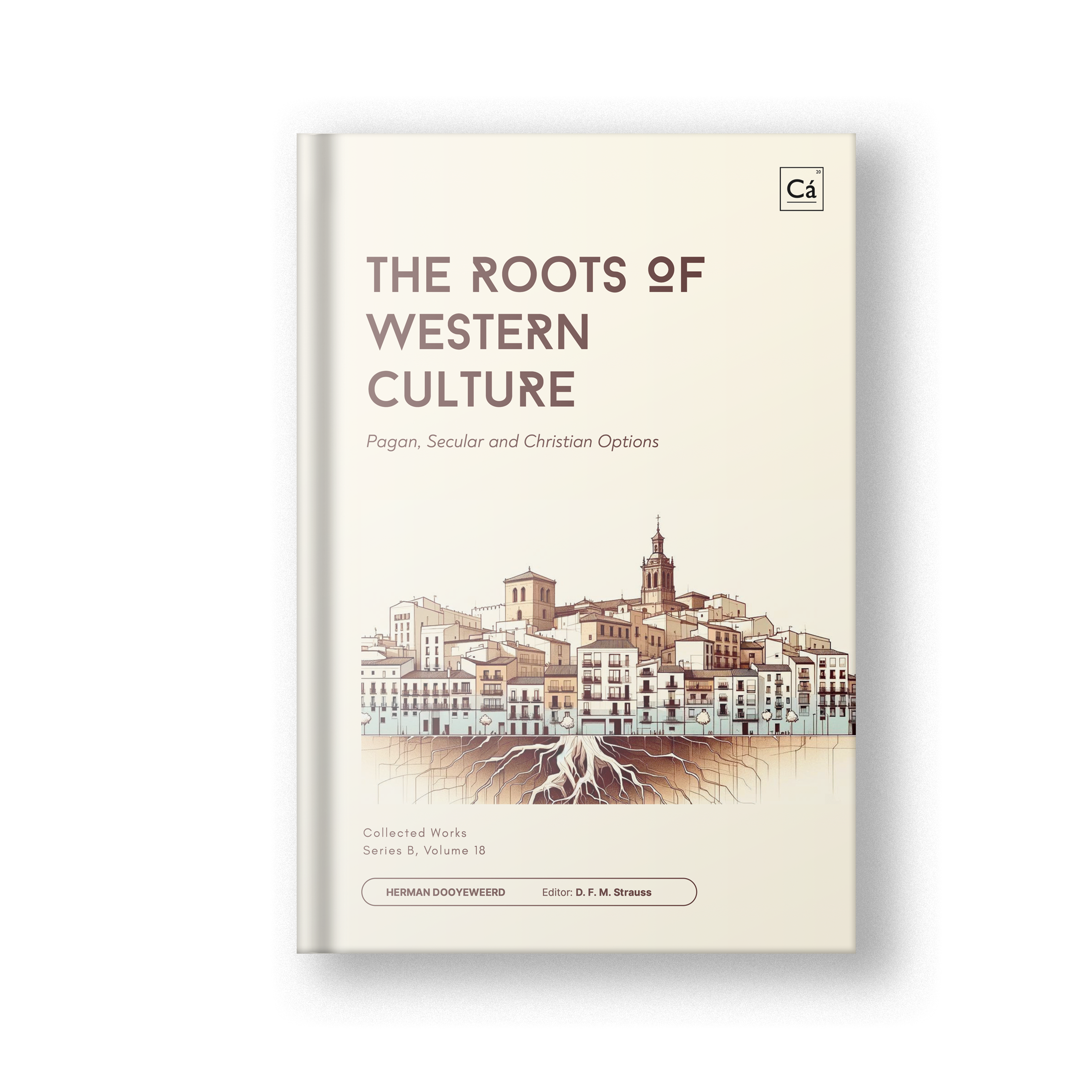The Roots of Western Culture, Vol. 18
- Regular price
-
$14.99 - Regular price
-
- Sale price
-
$14.99
This is Dooyeweerd's most accessible work. It provides an understanding of Greek, medieval, and Modern Humanistic life-orientations in their historical development and inter-penetration - throughout confronted with the implications of an integral biblical understanding of the human condition, human society and the place and calling of scholarly reflection. It shows a healthy sense of solidarity and criticism with these various traditions. From a purely historical point of view, Dooyeweerd for example writes, Humanism has done more for the recognition of public freedom for religious convictions than did seventeenth-century Calvinism. Particularly instructive in this work is Dooyeweerd's unveiling of the origin of the modern ideology of community at the beginning of the previous century and its subsequent effects in National-Socialism.
Couldn't load pickup availability


The Roots of Western Culture, Vol. 18
- Regular price
-
$14.99 - Regular price
-
- Sale price
-
$14.99
Guarantees
-
Biblical Faithfulness
Every resource upholds sound doctrine rooted in Scripture.
-
Quality Assurance
High standards of content and production for every product.
-
Secure Transactions
Safe and reliable payment processing for all purchases.
-
Satisfaction Guarantee
Commitment to ensuring every customer is fully satisfied with their experience.


